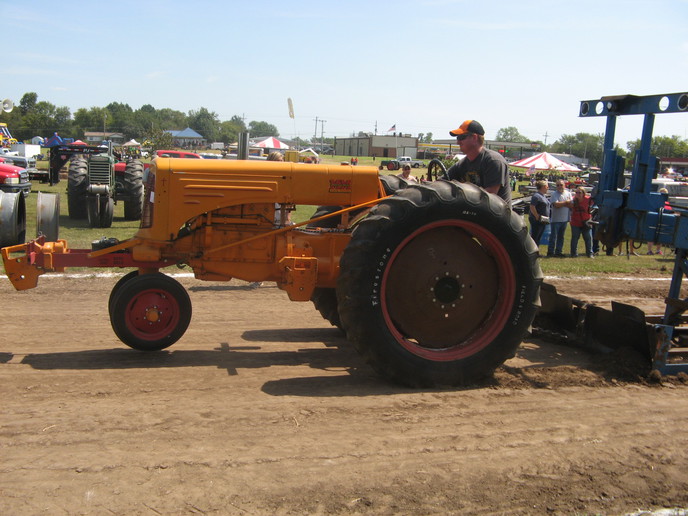The power was cut off to the house, when it came back on now they have no water.
Has me scratching my head, I can't get over there till tomorrow evening to check things out. Could the surge when it came back pop the breaker? I know the pressure tank, pressure switch are all pretty new. I replaced them last winter. Any ideas?

Has me scratching my head, I can't get over there till tomorrow evening to check things out. Could the surge when it came back pop the breaker? I know the pressure tank, pressure switch are all pretty new. I replaced them last winter. Any ideas?




